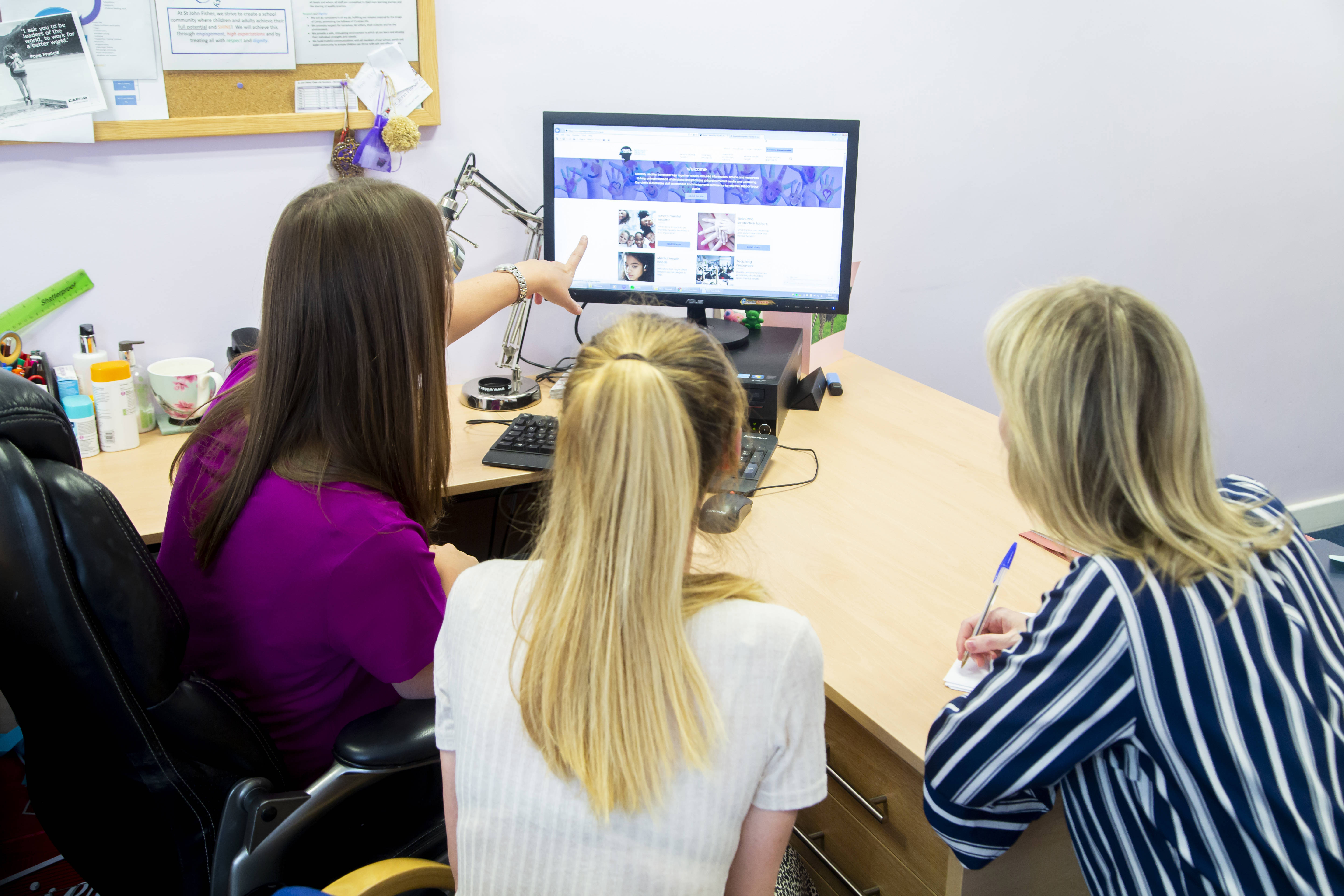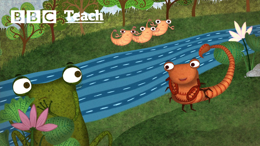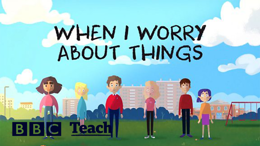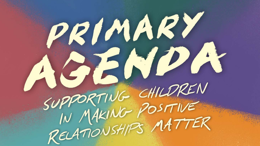Mental health services for schools in Wales
Understanding and mapping your local service landscape is an important factor in planning and improving children and young people’s access to support.

In January 2020, the Welsh government announced that they were doubling the amount of funding available to local authorities to help them implement a whole-school approach to mental health in schools.
The government also issued draft statutory guidance on embedding a whole-school approach. This means that local authorities in Wales, and governing bodies of maintained nursery, primary, secondary and special schools, must have regard for the guidance when carrying out their duties.
The guidance does not apply to further education settings, but it is designed to complement existing guidance like the Healthy Colleges and Universities Framework.
This increase in funding, together with the comprehensive guidance, means that schools should see the amount of support available increase – but it can be difficult to know where to begin.


 Author
Author


 Author
Author